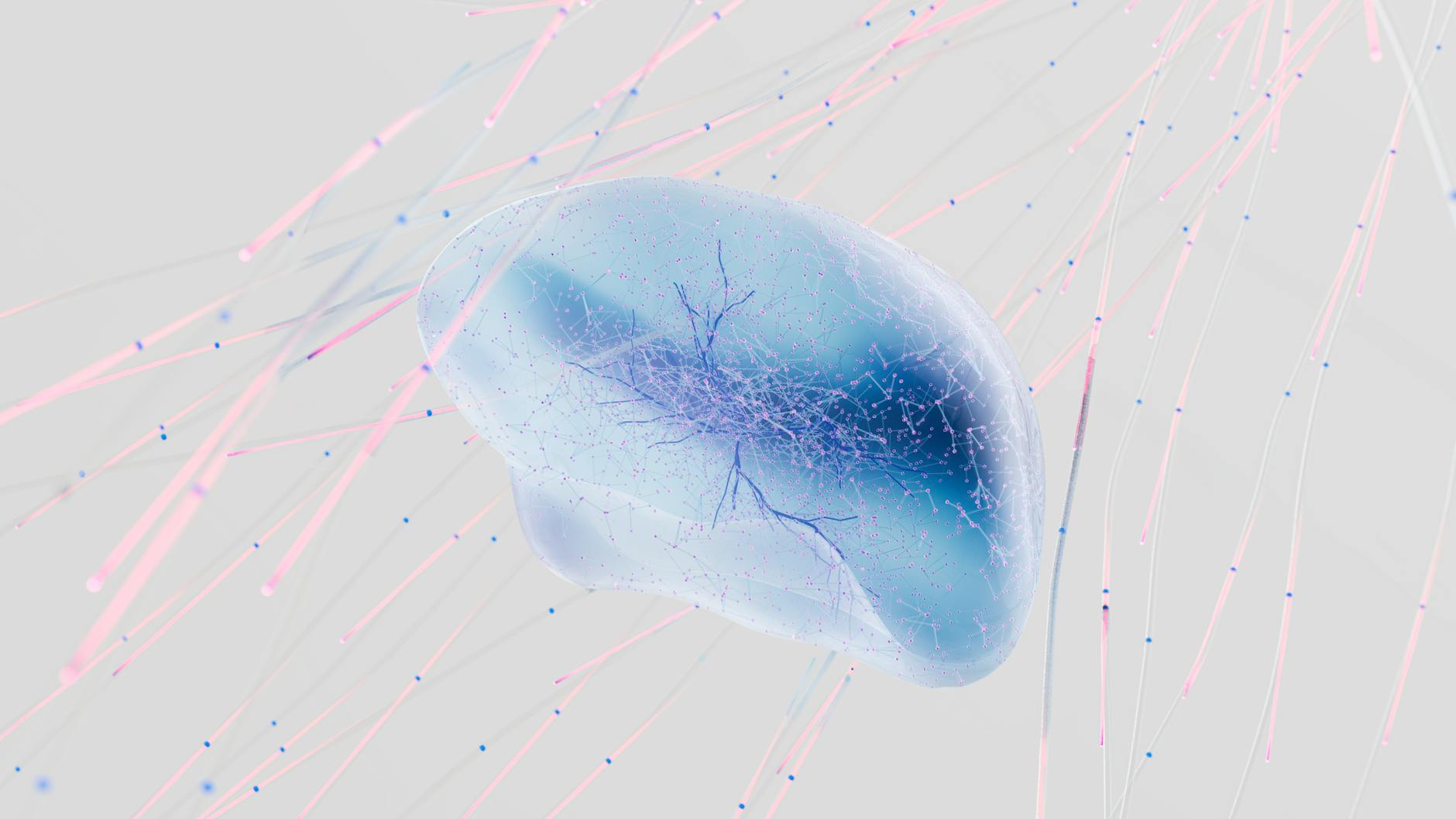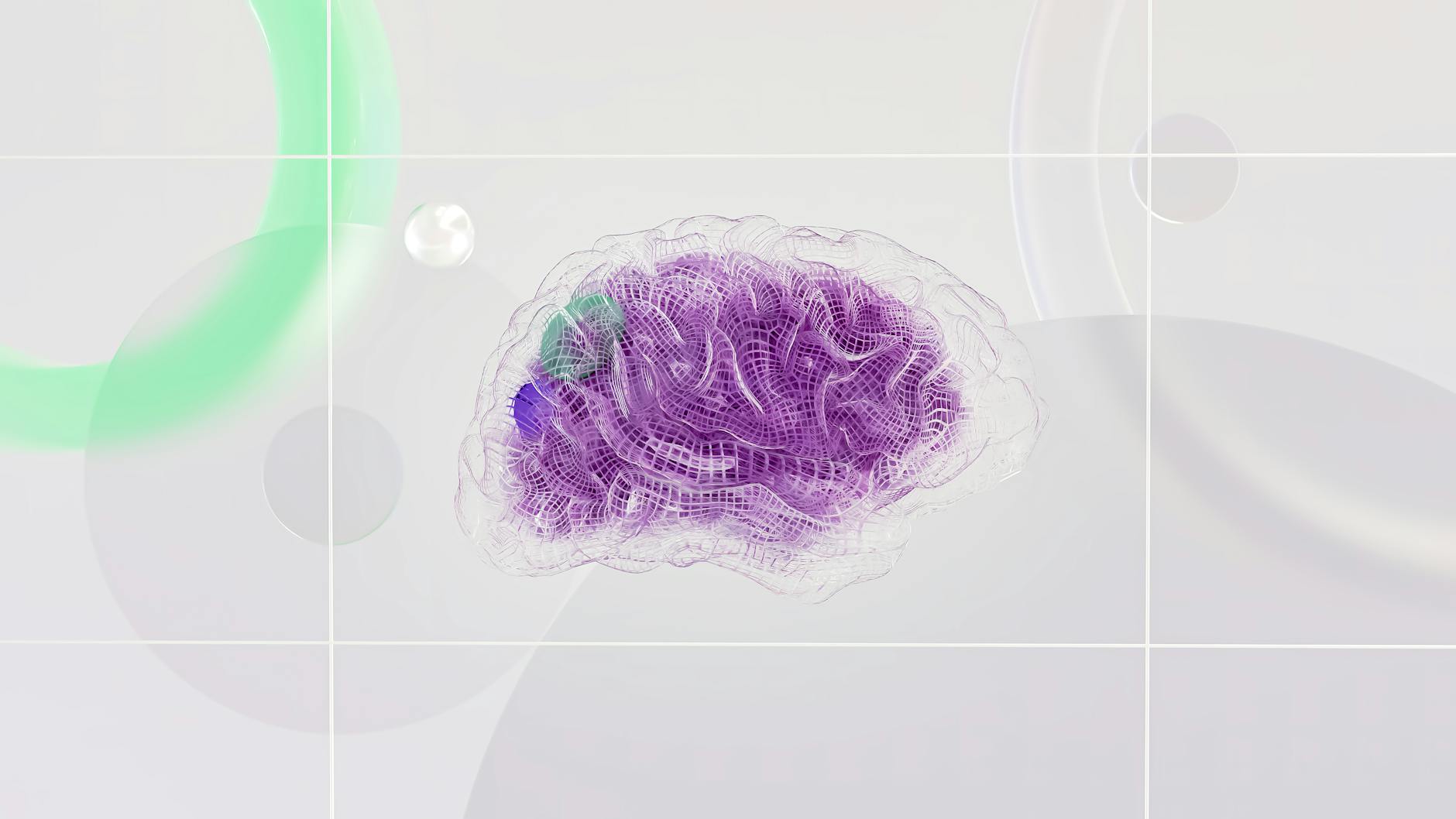Unlock the Secret to Effortless Weight Loss: The Hidden Brain Shortcut That Will Change Everything
For years, weight loss has been a daunting task for many, with the majority of diets and weight loss programs focusing on restrictive eating and intense exercise regimens. But what if we told you there's a game-changing shortcut to weight loss that doesn't require nausea-inducing diets or exhausting workouts? Recent breakthroughs in neuroscience have uncovered a hidden brain shortcut to weight loss, and we're about to dive into the fascinating science behind it.

"This discovery has the potential to revolutionize the way we approach weight loss," says Dr. Emma Taylor, a leading researcher in the field of neuroscience and weight loss. "By targeting the ventromedial prefrontal cortex (vmPFC), we can bypass the need for restrictive dieting and intense exercise, and instead, focus on a more sustainable and enjoyable approach to weight loss."
The Hidden Brain Shortcut: The vmPFC
The vmPFC is a specific region in the brain that plays a crucial role in regulating food cravings and appetite. By targeting this region, scientists have found a way to suppress hunger and increase feelings of fullness, leading to significant weight loss without the need for restrictive dieting or intense exercise.
How the vmPFC Works Its Magic
The vmPFC is responsible for processing emotional and social information, including our relationship with food. When we eat, the vmPFC is activated, releasing dopamine and other pleasure chemicals that make us feel good. However, when we're dieting, the vmPFC can become overactive, leading to increased cravings and feelings of deprivation. By targeting this region, scientists have found a way to calm the vmPFC, reducing cravings and increasing feelings of fullness.
The Future of Weight Loss: Harnessing the Power of the vmPFC
The implications of this discovery are far-reaching, with the potential to revolutionize the way we approach weight loss. With the vmPFC shortcut, individuals can say goodbye to restrictive dieting and exhausting workouts, and hello to a more sustainable and enjoyable approach to weight loss.
Personalized Weight Loss Programs
In the future, we can expect to see personalized weight loss programs that target the vmPFC, providing tailored solutions for individuals based on their unique brain chemistry. This could include neurofeedback training, where individuals learn to control their brain activity, as well as targeted nutritional plans that take into account an individual's specific vmPFC response to food.
Non-Invasive Brain Stimulation
Another exciting development is the use of non-invasive brain stimulation techniques, such as transcranial magnetic stimulation (TMS), to target the vmPFC. This could provide a quick and easy way to suppress hunger and increase feelings of fullness, making weight loss more achievable and sustainable.
Actionable Advice: Harnessing the Power of the vmPFC Today
While the future of weight loss holds much promise, there are still ways to harness the power of the vmPFC today. Here are some actionable tips to get you started:
Practice Mindful Eating
Mindful eating is a powerful way to calm the vmPFC and reduce cravings. Take your time when eating, savoring each bite and paying attention to your body's hunger and fullness cues. This can help you develop a healthier relationship with food and reduce overeating. (Read more: Our Guide to Mindful Eating)
Incorporate Relaxation Techniques
Stress and anxiety can activate the vmPFC, leading to increased cravings and overeating. Incorporating relaxation techniques, such as meditation and deep breathing, can help calm the vmPFC and reduce cravings. Check out the National Institute of Diabetes and Digestive and Kidney Diseases' guide to stress and weight loss for more information.
Get Enough Sleep
Lack of sleep can disrupt the vmPFC, leading to increased cravings and hunger. Aim for 7-9 hours of sleep per night to help regulate your appetite and metabolism.

Key Takeaways
- The vmPFC is a specific region in the brain that regulates food cravings and appetite.
- Targeting the vmPFC can suppress hunger and increase feelings of fullness, leading to significant weight loss.
- Practicing mindful eating, incorporating relaxation techniques, and getting enough sleep can help harness the power of the vmPFC today.
Conclusion
The discovery of the hidden brain shortcut to weight loss is a game-changer in the world of weight loss. By targeting the vmPFC, individuals can bypass the need for restrictive dieting and intense exercise, and instead, focus on a more sustainable and enjoyable approach to weight loss. With the future of weight loss holding much promise, it's never been a better time to take control of your health and harness the power of your brain.
By incorporating mindful eating, relaxation techniques, and getting enough sleep, you can start harnessing the power of the vmPFC today. So why wait? Take the first step towards a healthier, happier you, and unlock the secret to sustainable weight loss.

References:
- University of California, San Francisco. (2022). Scientists uncover hidden brain shortcut to weight loss without the nausea. https://www.ucsf.edu/news/2022/02/414911/scientists-uncover-hidden-brain-shortcut-weight-loss-without-nausea
- National Institute of Diabetes and Digestive and Kidney Diseases. (2022). Brain's reward system and food cravings. https://www.niddk.nih.gov/health-information/weight-management/brain-reward-system-food-cravings
Comments
Post a Comment